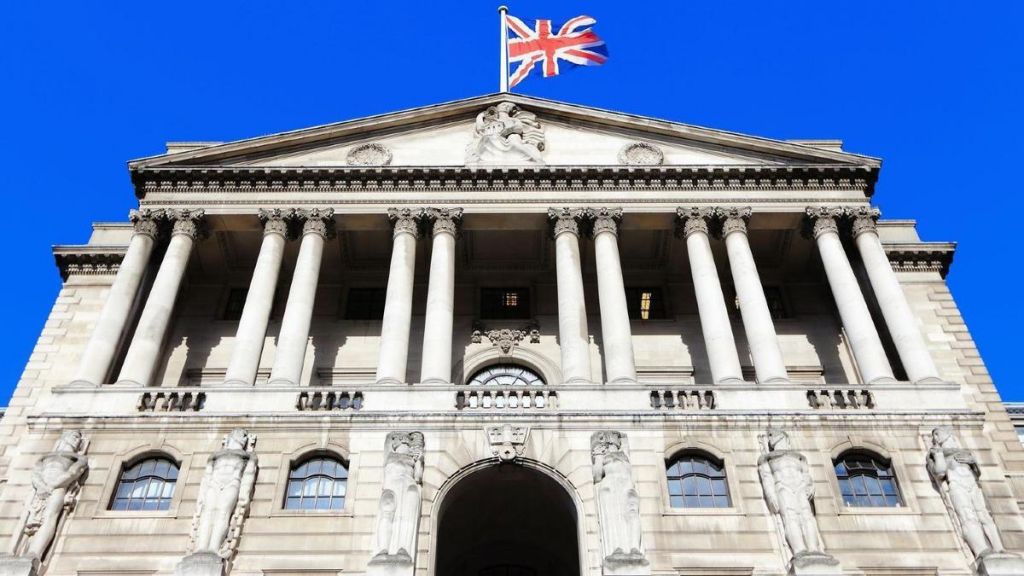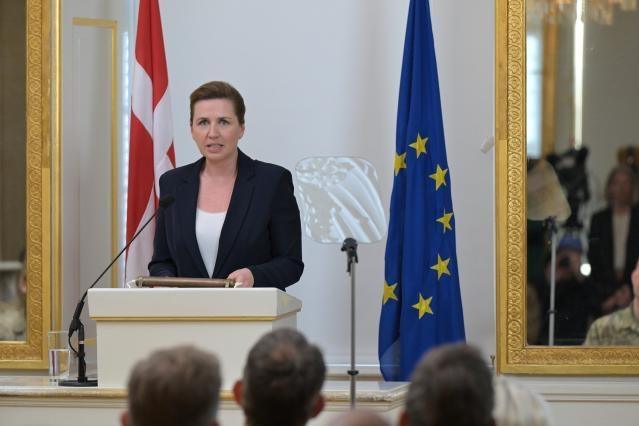“The Greek economy has proven to be particularly resilient in recent years despite the successive crises, exceeding many times the forecasts” declared the Minister of National Economy and Finance, Kostis Hatzidakis, after the submission of the State Budget for 2024 to the Parliament today.
Referring to the achievements of the previous year, in his statement, Mr. Hatzidakis highlighted the acquisition of investment grade by a number of international rating agencies within 2023 while he noted the third highest growth rate in the European Union. At the same time, the Minister of National Economy and Finance referred to the reduction of unemployment to “pre-crisis levels, achieving at the same time, despite successive natural disasters, a primary surplus that exceeded the forecasts of the medium-term program”.
“And these with a very significant reduction of public debt as a percentage of GDP. These positive developments are concentrated in the fact that without increasing taxes, there was a 9.1% increase in revenues”, emphasized Mr. Hatzidakis.
Same recipe in 2024
“In 2024 we will proceed with basically the same recipe. In other words, we will seek to combine fiscal stability with development policies, social sensitivity in practice. The budget foresees higher growth rates compared to this year, lower inflation, an even greater reduction of public debt and higher employment rates,” said Mr. Hatzidakis to note that “all this will be achieved by remaining absolutely focused on the goal for more higher primary surplus than this year (2.1%).
Positive developments for investments
Referring to investments, Kostis Hatzidakis said that this year Greece had a 7.1% increase in investments, while in 2024 a 15.1% increase is foreseen in the budget plan. “This will be achieved with a combination of private and public investment, including of course increased investment from the NSRF and the Recovery Fund,” he stressed.
Tax reductions
The 2024 budget incorporates permanent tax reductions in 7 different ways, Mr. Hatzidakis said, while he emphasized that in parallel the targeting is aimed at further reducing tax evasion. “Already the VAT gap, i.e. the money the state loses from VAT collection, has been reduced from 23% in 2018 to 15% this year”, he said, stressing that the goal is to further reduce this gap and reach 9% in 2026.
“In the meantime, we are promoting actions at many and different levels to limit tax evasion: connection of POS with cash registers in the first months of 2024, mandatory my Data system, generalization of electronic invoicing, new regulations for short-term rentals, measures to deal with smuggling and a new fair taxation system for the self-employed,” he concluded.
Social policies
In this direction, there will be salary increases for civil servants after 14 years, a new increase in pensions, an increase in the tax-free allowance for families with children, as well as an increase in disability allowances and the social solidarity allowance.
Also important in the direction of a meaningful social policy, Mr. Hatzidakis emphasized, is the increase in spending on education and health. “Specifically for Health, there will be a 20% increase in hospital funding totaling 481 million euros, as well as an increase in spending on Education of 255 million euros. These funds will come in a very large percentage from the further limitation of tax evasion”, he said.
Finally, the Minister of National Economy and Finance underlines in his statement that “the government will implement a policy that will combine fiscal seriousness with social sensitivity. Efficiency with justice. In 2024, the Greek economy will rise even higher! We stay on the path of responsibility by making all those modernization cuts that our economy needs and that benefit our socially weak fellow citizens in particular.”















![Φορολογικές δηλώσεις: Να πάρω «φορολογικό διαζύγιο» ή όχι; [Μέρος 2ο]](https://www.ot.gr/wp-content/uploads/2026/02/efor.jpg)




















